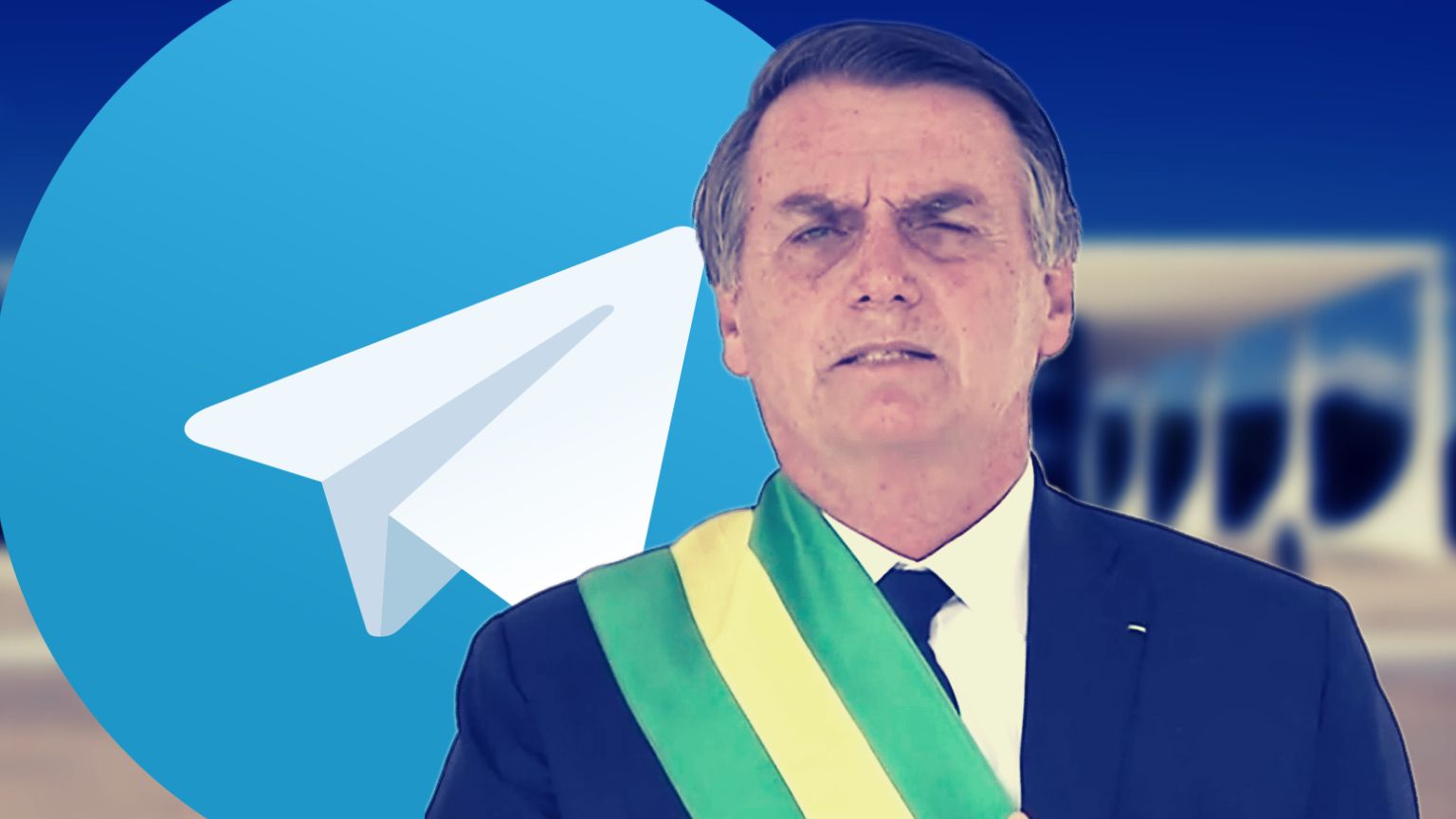On Friday, Brazil’s Supreme Court Justice Alexandre de Moraes ordered the banning of Telegram because of its failure to comply with Brazil’s laws and for allowing the spread of “fake news.”
On Sunday, he revoked the suspension, saying that the company had complied with censorship requests to ban accounts.
After the suspension, Telegram’s founder Pavel Durov apologized for his company’s “negligence” in complying with court orders.
“Over the past 24 hours, we’ve integrated technical means to flag specific posts in one-to-many channels as potentially containing inaccurate information,” Telegram announced.
“These notices can now be added to the end of any message on Telegram and will also remain visible when those messages are forwarded from the channel to private or group chats.
“To better identify these posts, we are establishing working relationships with important fact-checking organizations in Brazil, such as Agência Lupa, Aos Fatos, Boatos.org and others.
“We hope that this cooperation will allow us not only to flag specific posts as potentially containing disinformation, but also to add links to disclaimers that will lead to full explanations of relevant facts compiled by fact-checking organizations.”
Telegram is popular in Brazil, particularly among the supporters of President Jair Bolsonaro who want to avoid censorship on Big Tech platforms.
On Sunday, Moraes said that he had revoked the suspension, because Telegram had shown “full compliance,” including blocking the account of activist Allan dos Santos.
“I revoke the decision of complete suspension of the operation of Telegram in Brazil,” he said.
Telegram also appointed a legal representative in Brazil.
President Bolosonaro had called the Telegram ban “inadmissible.”










